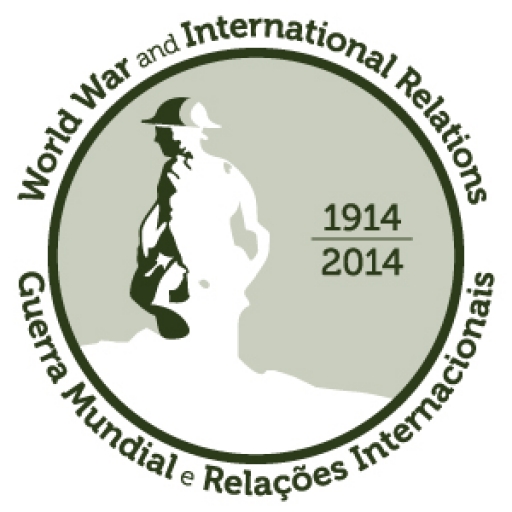The Universidade Autónoma de Lisboa is hosting an international conference exploring the impact that the First World War had on international relations.
It will be held on the 2nd-3rd July 2014 at the headquarters of the Calouste Gulbenkain Foundation to mark the Centenary of the conflict.
The conference will focus on the influence of the First World War on international relations, rather than the history of the conflict itself.
Organised by the International Relations research unit of the Universidade Autónoma de Lisboa, called OBSRVARE (Observatory for External Relations), the conference will consider the war’s impact on the development of humanitarian law; the growth of international relations as academic subject; the role of the First World War in future conflicts and collective security systems; and the changes in violence in the last one hundred years.
Programme
Wednesday 2nd July
9:30am – 10:00am
Opening session
José Amado da Silva – UAL Dean
Representative of Fundação Gulbenkian – Yet to be confirmed
Luís Moita – Conference Coordinator
10:00am – 11:15am
First plenary session
Chairman: Ana Paula Brandão
Enzo Traverso – One Hundred Years of Political Violence
Teresa Almeida Cravo – The Morphology of Contemporary Wars
11:15am – 11:30am
Coffee Break
11:30am – 12:45pm
Second plenary session
Chairman: António Monteiro
Pierre Schori – Possibilities and limits of mediation
Patrícia Galvão Teles – The Rule of Violence
12:45pm – 2:30pm
Lunch
2:30pm – 4:00pm
Third plenary session
Chairman: Mariano Aguirre
Alfredo Valladão – Has Geo-economics replaced Geo-politics?
Robert Sutter – Is the Pacific Ocean Peaceful?
4:00pm – 4:30pm
Coffee Break
4:30pm – 6:00pm
Three Parallel Sessions
Section A: War, Humanitarian Law and International Relations
The importance of WWI in the consolidation of humanitarian law, according to the acquisitions of the 19th and early 20th centuries. The influence of dramatic events of 1914-18 for the theoretical elaboration of studies of international politics and the so-called “idealistic” attempts to regulate the coexistence of Nations, both from a legal and a doctrinal point of view.
Section B: Conflicts and security systems
The long “European civil war” has acquired a global dimension at a time of deep Europeanization of the world; it has also motivated and made crucial, the emergence of collective security systems which, with several ups-and-downs, are still in place today, with greater or lesser effectiveness.
Section C: From the trenches to the drones (the metamorphoses of violence)
In the hundred years (from 1914 to 2014) deep changes occurred in the mode of warfare, and in general, in the use of violence for political purposes. It thus justifies to test the inventory of these transitions, in order to better understand current demonstrations of international violence, including economic violence, so as to be able to understand and, if possible, prevent or fight it.
8:00pm
Dinner
Thursday 3rd July
9:30am – 11:00am
Three or Four Parallel Sessions
11:00am – 11:30am
Coffee Break
11:30am – 1:00pm
Three or Four Parallel Sessions
1:00pm – 2:30pm
Lunch
2:30pm – 4:00pm
Three or Four Parallel Sessions
4:00pm – 4:30pm
Coffee Break
4:30pm – 6:30pm
Final Plenary
Conclusions
Closing session: Europe between War and Peace
Registration
Registration costs €90 until the 15th June 2014, and €100 thereafter.
Special rates for students are available.
To see full details of prices, click here. To register for the conference, click here.
Source: OBSERVARE
Images courtesy of OBSERVARE
Posted by: Daniel Barry, Centenary News
To register for the conference, click here.
